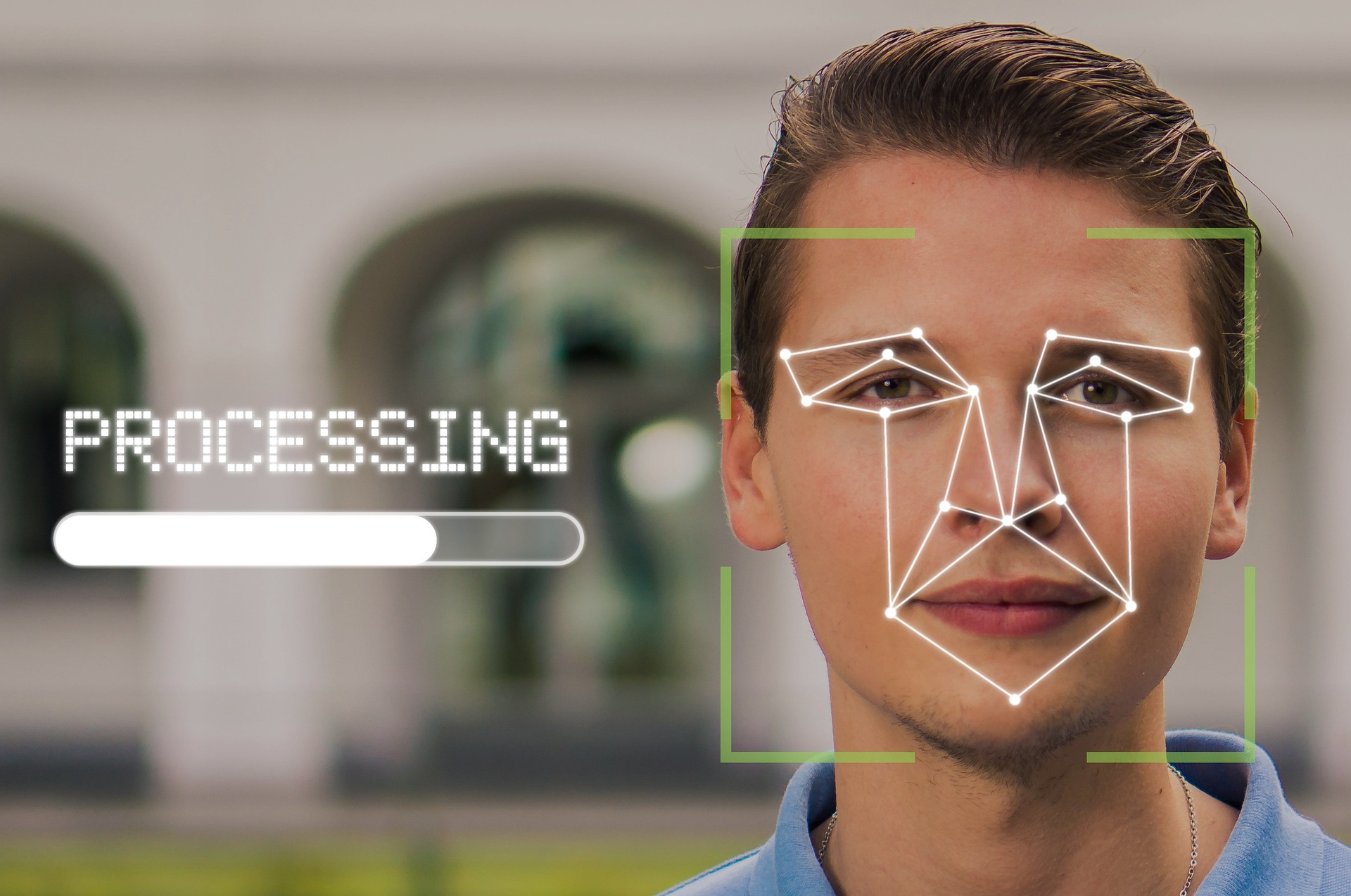Assessing the Recent Reforms in Intellectual Property Law
Introduction: In a rapidly evolving digital world, intellectual property (IP) laws play a crucial role in protecting creative works and fostering innovation. Recent changes in this field have stirred significant debate, making it a timely topic to delve into. This article will explore the current state of IP law, its recent reforms, and their potential impact on society.
Background on Intellectual Property Law
Intellectual property law refers to a body of laws designed to protect the rights of creators and innovators. It includes patents, copyrights, trademarks, and trade secrets, each serving a unique purpose and offering different protection levels. Over the past few centuries, these laws have evolved significantly to cater to the changing societal and technological contexts. For instance, the advent of the Internet and digital technologies has necessitated new laws to address issues related to online copyright infringement, digital privacy, and data protection.
Recent Reforms in Intellectual Property Law
The last decade has witnessed several significant reforms in IP law, reflecting the evolving legal, technological, and societal landscapes. In the United States, for example, the America Invents Act (AIA) of 2011 brought about sweeping changes to the patent system, moving from a ‘first to invent’ to a ‘first inventor to file’ system. In Europe, the European Union’s General Data Protection Regulation (GDPR) has reshaped the way businesses handle personal data, impacting IP law in many ways.
Implications and Impact on Society
These recent reforms have wide-reaching implications. The shift to a ‘first inventor to file’ system under the AIA, for instance, has accelerated the patent application process, but it has also sparked concerns about favoring large corporations over individual inventors. On the other hand, the GDPR has enhanced data privacy for individuals but has also imposed new burdens on businesses, especially those dealing with IP rights.
Importance of Research and Legal Facts
Understanding these complex changes requires a deep dive into the legislative texts, court rulings, and scholarly analyses. It is important to note that while these reforms aim to address current challenges, they also raise new legal and ethical questions that require further exploration and discussion.
Striking a Balance Between Depth and Accessibility
While intellectual property law is a complex field, it affects everyone in today’s digital age. Whether you are an artist, an inventor, a business owner, or a consumer, understanding the basics of IP law can empower you to protect your rights and interests. This article aims to shed light on this important topic in a way that is both in-depth and accessible to all readers.
In conclusion, the recent reforms in intellectual property law reflect the dynamic nature of this field. As technology continues to advance at a rapid pace, it is certain that IP law will keep evolving to keep pace. Staying informed about these changes is crucial for everyone, from creators and innovators to consumers and policymakers.





